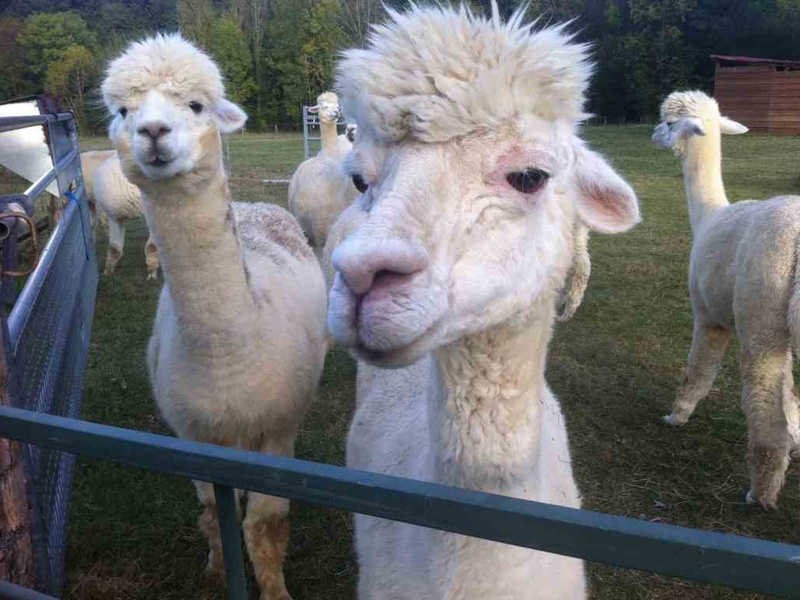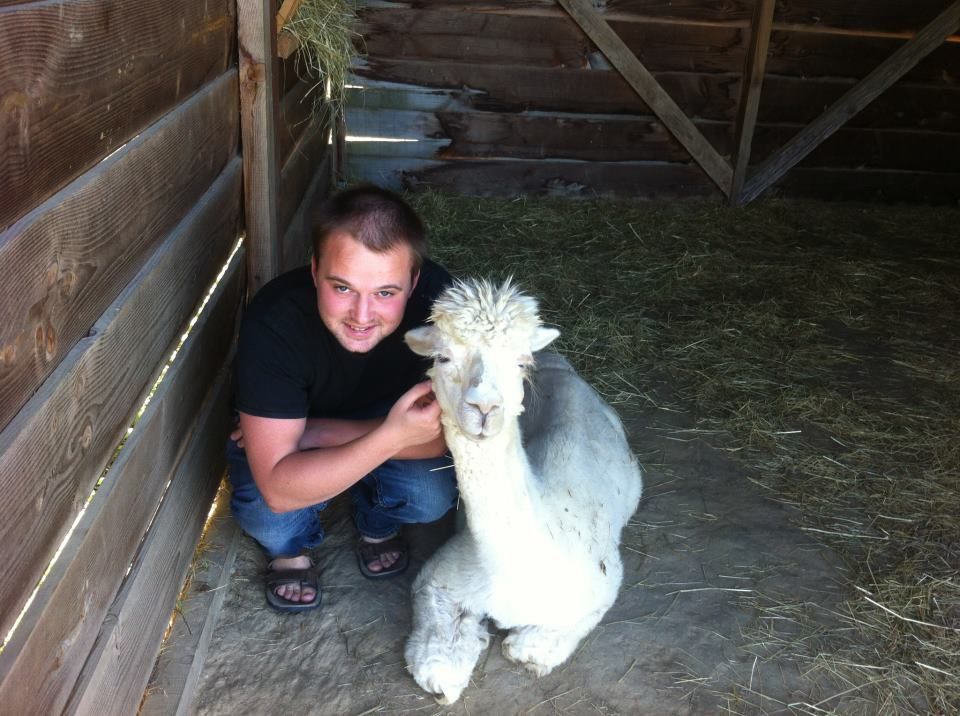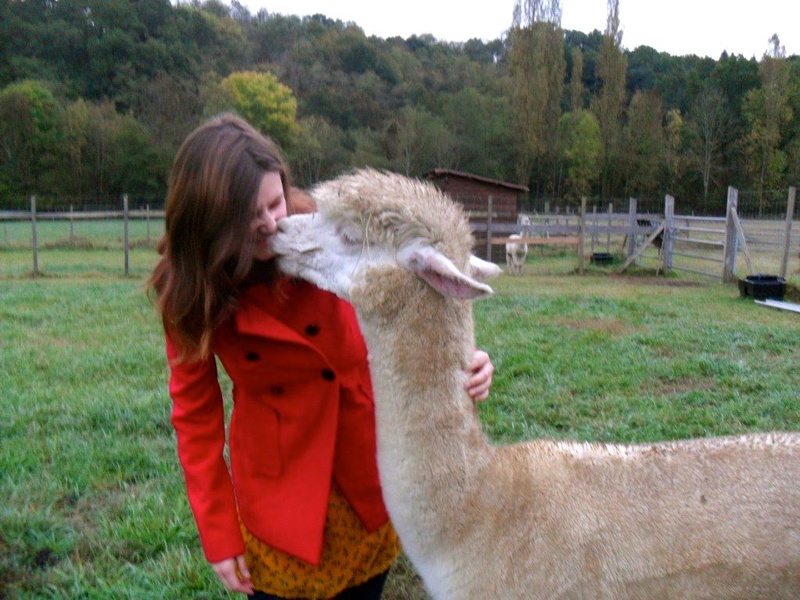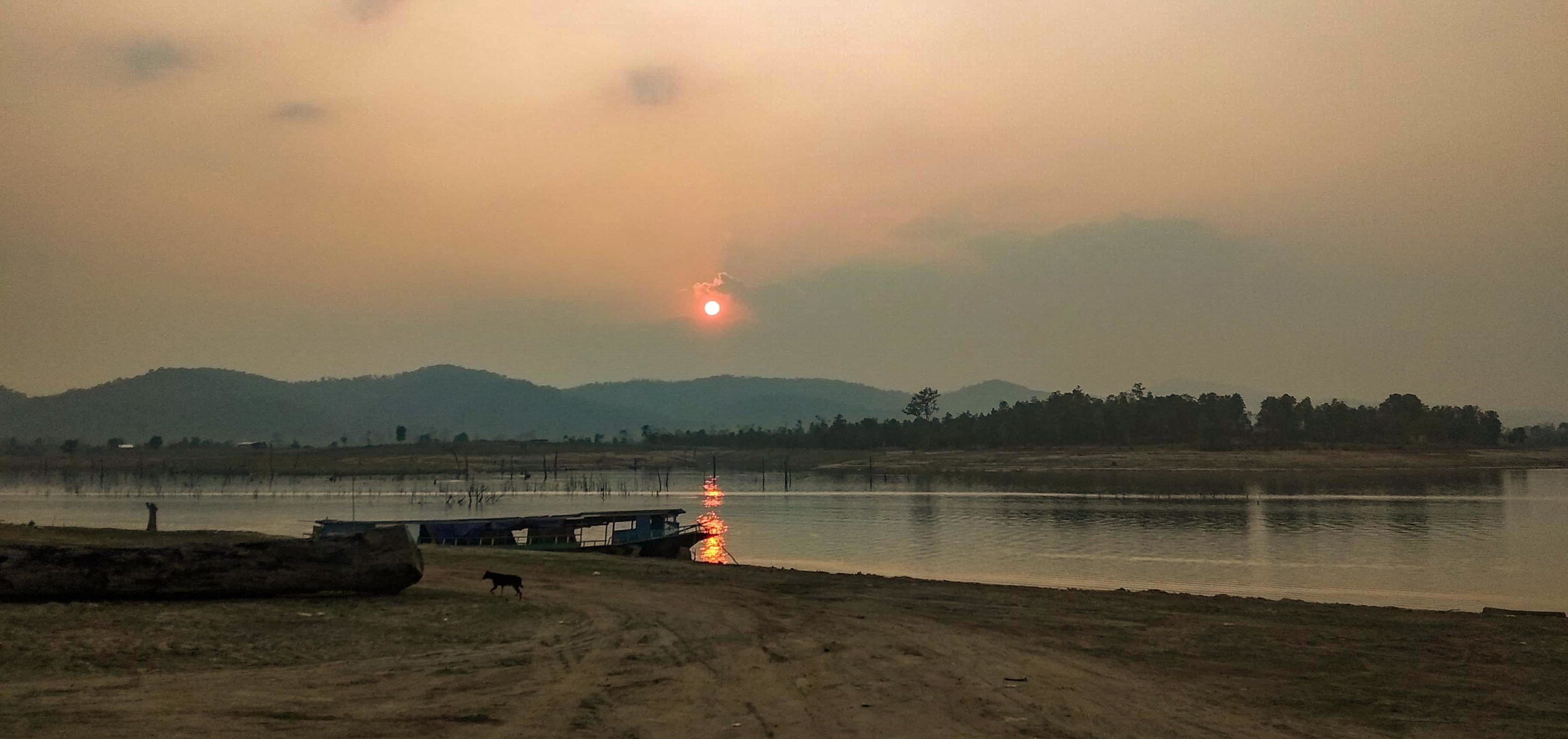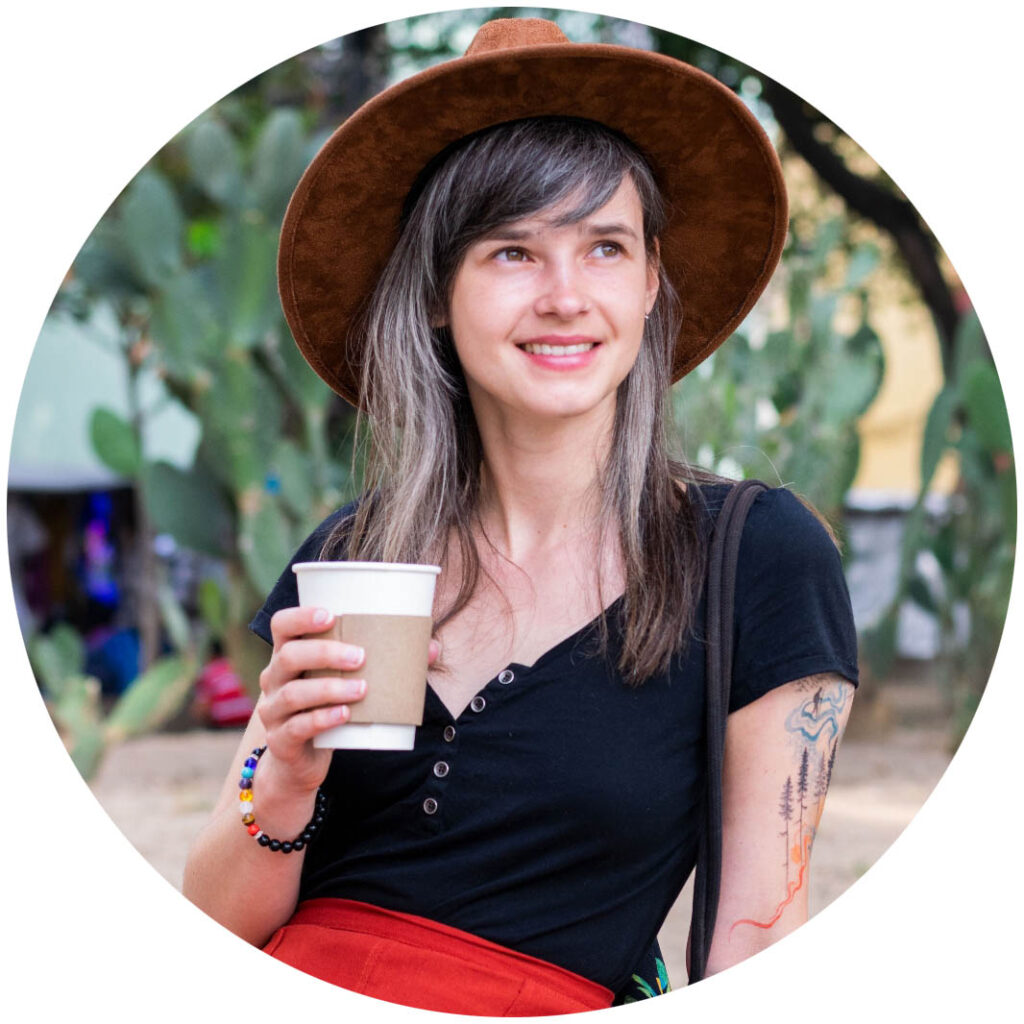As I mentioned before, I often feel that my own volunteering experience is not enough. I want to give you a broader picture of what it is like to volunteer abroad, I asked other travel bloggers to share their experience with you.
Let me invite you to another episode of the series of other bloggers’ volunteering stories 🙂 We read about Isabelle’s experience with volunteering in Tanzania and now James from Portugalist will tell us about his experience with house sitting in France. What was unusual about it – he and his girlfriend not only had to take care of the house but also take care of eighteen alpacas which made this experience similar to WWOOF.
House sitting – WWOOF in France
A few years ago, my girlfriend and I managed to spend nine months house sitting in the French countryside. This involved 4-5 different house sits (one house sit was for several months) in different parts of rural France. One of these house sits, and the one that’s definitely the most memorable, involved looking after a farm of eighteen alpacas and seven cats.
The owners of the farm were a British couple who had moved to the French countryside to open a bed and breakfast and, in the process, had started an alpaca farm. The alpacas were kept for their wool, which was made into clothing at the workshop onsite.
The house sit was definitely an unusual one, and was more akin to WWOOFing than house sitting. A typical assignment is usually fairly straight-forward. Most involve looking after a cat or a dog, checking the mail, watering the plants, and making sure that the house isn’t burgled while the owners are away. Normally all of these jobs can be explained in an hour or so, although it’s not uncommon for the owners to ask you to arrive a day or two beforehand.
This house sit, in comparison, would require two weeks of training in the art of alpaca care. We would learn how to feed, herd, weigh, and look after the alpacas. We would also learn how to separate the stud male from the females and other males, as well as to be able to inspect them for any cuts or medical issues. We would also get to meet the local vet, and learn what to do in the event of an emergency: alpacas are expensive animals, and the owners wanted to make sure that we knew exactly what we were doing before they were willing to leave them in our care.
Both my girlfriend and I work for ourselves, and at the time we were just starting out as freelancers. The house sit would involve several hours per day of training, which was going to be quite a big time commitment for both of us. At the same time, however, it was one of those once in a lifetime experiences that you just have to say yes to. When else were we going to get the opportunity to look after a farm of alpacas?
In the end, we spent two weeks learning the ropes of alpaca farming and another week or so minding the farm itself. While herding the alpacas, and separating the stud male from other alpacas was challenging, the hardest part of the job was learning to tell the difference between each of the alpacas. Yes, we had to be able to look at each of the alpacas and, not only be able to say which alpaca it was, but who that alpaca was related to.
This might seem like an unusual requirement, but the reasoning was that some medical issues could be genetic. If one of the alpacas was showing symptoms of a problem, we could check with the vet to see if any of the related alpacas had had the same problem. If they had, it may allow the vet to understand the problem and come up with the solution quicker.
Alpacas, it has to be said, all look very, similar. When we were first told that we would have to be able to tell them all apart, I honestly thought there would be no way that I’d be able to tell two apart, never mind eighteen. But, as the days went on, slowly I was able to tell more and more of them apart. By the end, we were both able to tell all eighteen apart. At that point, the owners felt like they were able to leave the alpacas in our safe hands.
The next week was spent putting our training into practice. We would get up and feed the alpacas, spend time looking after them, and check them for any medical issues. Unusually, perhaps, we also had to spend time massaging their necks – something which helps them to relax, and is actually quite relaxing for the person giving the massage as well. We also had to regularly inspect the fences around the property to make sure that there was no damage or way that the alpacas could escape.
Thankfully, there were no problems during the house sit. None of the alpacas got injured, and none of them tried to escape either. As with all of our other house sits, the owners came back to find everything was exactly as they left it.
We’ve taken on many house sits since that one in France, but that house sitting assignment is one that’ll definitely stand out as the most memorable. It took up a lot of time, and it was hard work on top of our already heavy workloads, but the experience was definitely worth it.
James is a freelance travel writer who has spent time living in France, Germany, Spain, Portugal, the United Kingdom, and Ireland. He has also travelled throughout South East Asia, as well as in Europe, Africa, and the United States. He is normally based in Lisbon, where he writes the travel blog Portugalist, although always on the lookout for his next international adventure.
If you’re thinking to volunteer in France or anywhere else in the world – check this step by step guide: How To Volunteer Abroad?
I also invited others to share their volunteering stories, you can read them here:
- Isabelle shared her story about Volunteering in Tanzania
- Murat shared his story of volunteering in Kenya
- Elise shared her story of volunteering in Guatemala
- Arleta shared her story of volunteering in Israel
And if you liked this story, please use the buttons below and share it on Facebook or Twitter! Thanks! 🙂


